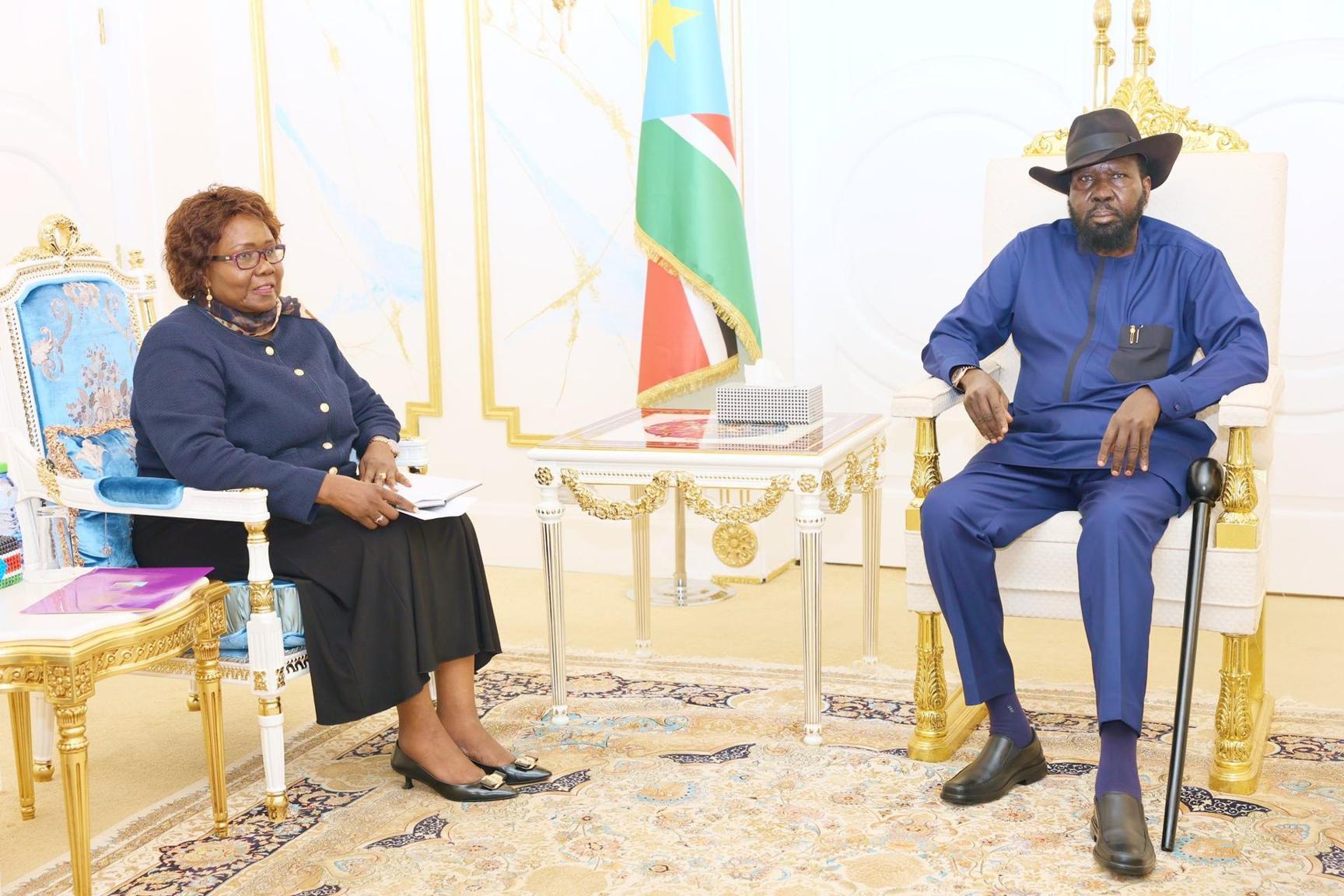Africa-Press – South-Sudan. The Vice President and Chairperson of the Service Cluster has called on President Salva Kiir to appoint a new Minister of Health to address ongoing disease outbreaks reported in various parts of South Sudan.
The position designated to SPLM-IO has been vacant since the former Minister, Yolanda Awel Deng, was relieved in Feburary.
Josephine Joseph Lagu, who spoke on Wednesday, said the absence of a health minister is hampering efforts to combat cholera and Mpox outbreaks, currently raging across the country.
“As we are aware, there are outbreaks of diseases across the country that need to be attended to, and yet there is no substantive minister of health in place,” she said.
The position has remained vacant since Yolanda Awel Deng, appointed in March 2022 under the SPLM-IO quota, was dismissed by President Kiir on February 10, 2025, during a major cabinet reshuffle.
She stated that as Chairperson of the Service Cluster, she had formally raised these concerns with the President, citing the urgency of stabilizing the Ministry of Health.
“As chair of the service cluster, I reported to his excellency’s challenges facing the cluster, which need very urgent attention, especially the issues facing the Ministry of Health,” she said.
The delayed appointment new health minister has also sparked concerns among health practitioners who feared the current ongoing cholera outbreak may escalate out of control.
The Doctors’ Union in February called on President Kiir to swiftly appoint a new minister to lead the national response to the health crisis.
According to the latest report by the national ministry of health, 1178 people have been killed by cholera since it broke out in late September 2024.
The report also indicated there have been a total of 59139 cholera cases confirmed 49 out of 79 counties in the country.
South Sudan has one of the poorest health systems in the world, with challenges ranging from limited infrastructure to a shortage of trained healthcare staff to the impact of conflict on access to essential services to inadequate budget allocation.
The low budget allocation, usually below 2%, has led to dependence on international donations and NGOs to provide critical services to people in the countryside.
However, recent funding cuts and withdrawal of donors such as the Health Pooled Fund have led to severe short of drug supplies to facilities previously supported the project and others.
South Sudan has a four-level structure: community, primary, secondary, and tertiary.
Community-level services are provided by local personnel in villages, while primary care is delivered through Primary Health Care Units (PHCUs) and Primary Health Care Centers (PHCCs).
Hospitals at the state, county, police, or military level operate at the secondary and tertiary levels.
For More News And Analysis About South-Sudan Follow Africa-Press






